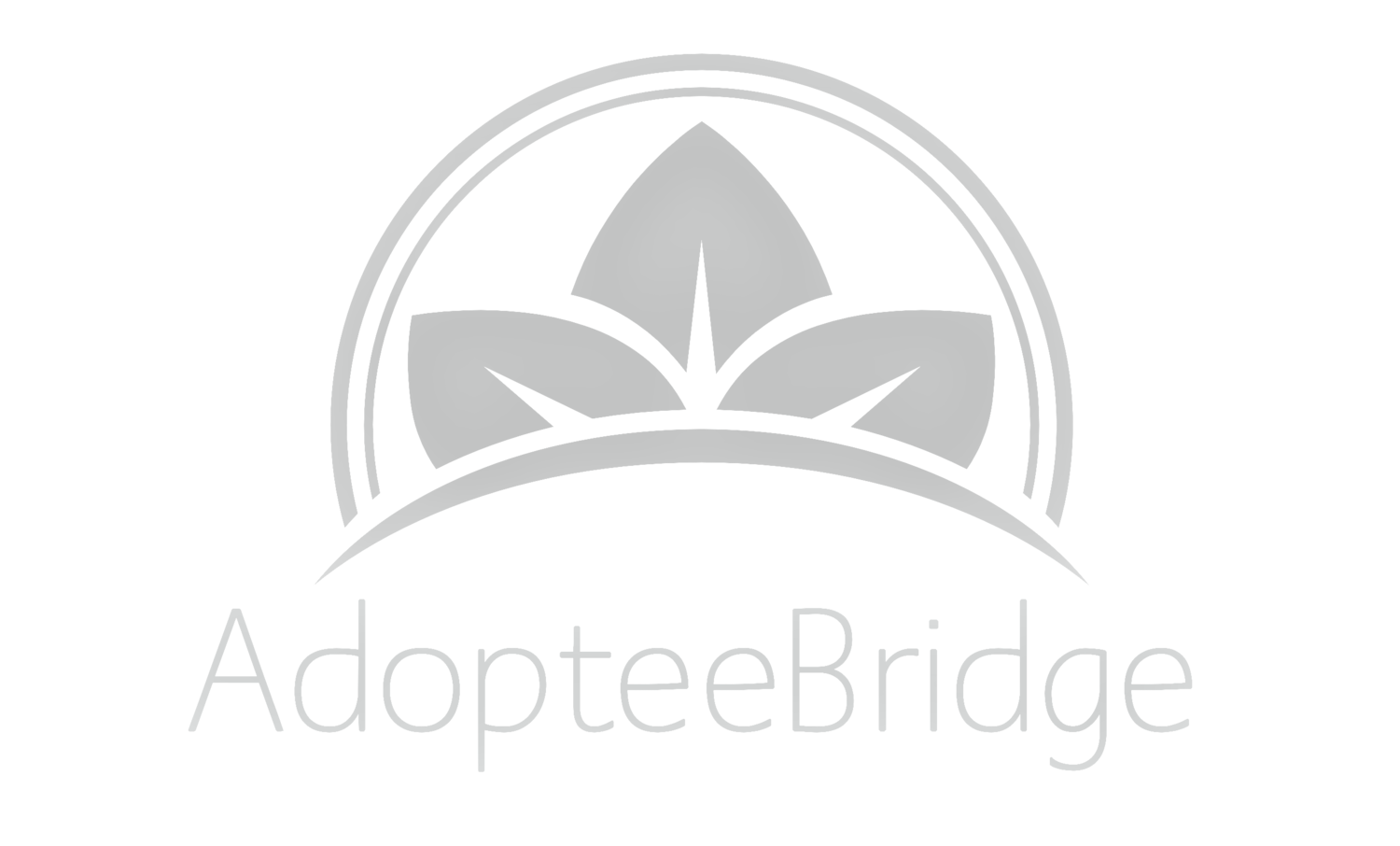We have all heard “COVID-19" and “coronavirus” flying around and unfortunately, acts of racism and xenophobia are spreading faster than the actual virus in some areas. Because of the increased acts of racism and the constant talk, including some misinformation spread by the media, we understand this may cause an increased sense of fear and anxiety—especially for children.
From KAAN:
It’s incredibly important for parents of all races to talk with their kids about racism and xenophobia related to the COVID-19. Children as young as three are aware of racial differences and many of them have questions about their racial identity. When parents create space for children to talk about racism, it lets them know that the topic of race is something that they can talk about without fear. It also allows parents to provide important information that can counter and dispel racist messages for their kids. When children go back to school, they are likely to encounter these racist messages from their classmates or even their teachers. The more parents are able to have conversations about racism and xenophobia related to COVID-19 with their kids, the more they will understand and the better prepared they will be when and if they are faced with it on their own.
Even though your children may not be talking with you or bringing up the subject of racism and COVID-19, it doesn’t mean they aren’t thinking about it, hearing comments from their friends or relatives, experiencing racism themselves, or consuming media which may fuel internalized racism. Therefore, proactively initiating conversations with your children is just as important as reactively responding to their questions or comments. Any age is a good time to start or continue these types of conversations. For children who are very young, it can be good practice for parents to start the conversation!
Here are ten tips (in no particular order) to help parents talk to their kids about racism and COVID-19:
Keep it simple and straightforward;
Use developmentally appropriate language and examples;
Be specific, rather than general (e.g. “It affects a person’s self-esteem and how they see themself.” versus “It’s not nice.”);
Let them ask questions, even if the questions make you uncomfortable;
When/if kids hear racist rhetoric on the news/radio/social media, parents should address it right away (e.g. “That is not the appropriate name…”)
Talk about racism and COVID-19, even if it doesn’t come up in the news;
Let them know that racist language and rhetoric is hurtful and not okay in any situation;
Give them factual information to dispel racist myths (e.g. “The Coronavirus is a global problem that everyone is responsible for.”);
Explain how racism hurts everyone (e.g. “Racist language creates conflict instead of solutions.”);
Prepare them for the fact that they might hear racist comments from other kids or adults (e.g. “There are some people out there who are calling the Coronavirus the “Chinese Flu” or other racist names…”)
The following are some great resources on not only how to speak with your children about COVID-19, but also on how to address the upswing in racism we have sadly seen because of this newest virus:
This is a great resource about talking to kids about their fears and anxieties about this new virus in a comic format! It not only talks about the facts, but emphasizes washing of hands (which we all should have been doing long before this virus happened) and stressing this virus can happen to ANYONE—not just someone who looks different from you!
Talking to Kids About the Coronavirus
Don’t be afraid to discuss the coronavirus (COVID-19)
Be developmentally appropriate
Take cues from your own child
Deal with your own anxiety
Be reassuring
Focus on what you’re doing to stay safe (e.g. wash hands!)
Stick to routine
Keep talking!
Speak Up At School: How to Respond to Everyday Prejudice, Bias, and Stereotypes
Resources 2 & 3 are especially great for those in the classroom, but can be used in everyday life. Resource 3 provides great examples AND can be used AFTER the hype of COVID-19. Discussions about racism and inclusion should not stop after the peak of a virus—this should be something that is addressed without the needed prompt of a viral outbreak.
Teachers are in an excellent position to fight the epidemic of misinformation!
This is how I responded to my daughter’s fears about coronavirus
This author discusses a great point—not only to reassure, listen, and talk openly with your child, but limit exposure to media reports! These reports can create increased anxiety in adults, but for children it can be much worse…It makes all of us feel powerless and out of control.
A website created just for kids with facts about the coronavirus (COVID-19)
It includes interactive activities and provides the science behind the coronavirus, with links to other viruses (e.g. SARS, Avian Flu, AIDS, etc.)
We hope you find these resources helpful and please feel free to contact us at anytime, with more questions or concerns!
AdopteeBridge
